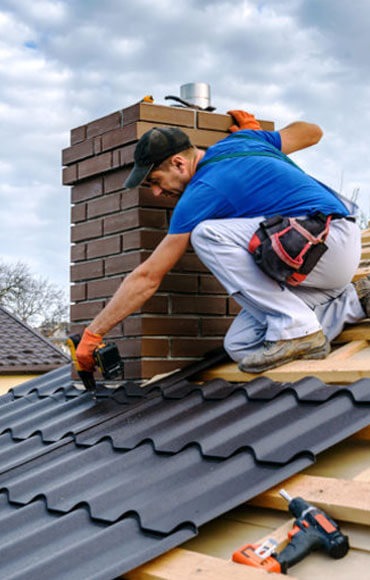

The time required to waterproof your home can vary depending on several factors. While we can’t provide an exact timeframe, we can give you a general idea of the time and effort involved.
First, it’s important to understand what waterproofing entails. Waterproofing doesn’t guarantee that water will never enter your home, but it does prevent water from seeping into the foundation and causing interior damage. Although waterproofing involves some upfront work, once completed, it will protect your property’s structure from water damage for years to come.
At Garden State Roofing and Masonry Inc, we believe that addressing basement waterproofing is often more critical than foundation repair, as tackling it early can save you thousands in the long run. To determine whether your basement needs waterproofing, start by checking for signs of moisture. Look for stains or mold growth on your interior walls, which often indicate that water is seeping through and affecting the surrounding structure.
Next, inspect the exterior walls of your basement. If moisture is coming through these walls, it’s a clear sign that there may be issues with your foundation. Additionally, any water damage on your basement floor or elsewhere in your home should prompt you to seek a professional inspection. An expert can provide a thorough assessment and offer honest feedback about the condition of your home. If you have concerns about potential water damage, contact us for a detailed inspection to ensure your basement remains dry and well-protected.
Waterproofing your basement involves several steps, but with the right approach and materials, it can be effectively managed.
First, you need to identify where the leaks are coming from. Look for signs of moisture, such as damp spots on the floor or cracks in the foundation walls. If you're uncertain about the extent of the problem, consulting a home inspector or contractor can be beneficial. They can assess the situation more thoroughly and provide a detailed estimate of the necessary work.
Once you've determined the problem areas, the next step is to select suitable materials for waterproofing. Cement-based grout is often used to fill gaps between floor joists and seal against water damage. Another option is to use sheet metal panels with pre-punched holes. These panels can be installed over existing joists and fastened securely, providing additional support and preventing water from seeping through.
Before applying any materials, ensure that the area is clean and free of debris. Proper preparation is key to ensuring that the grout or panels adhere correctly. Once the area is prepared, apply the grout to seal cracks and gaps, following the manufacturer’s instructions for application and curing. Install the sheet metal panels over the joists, ensuring they are aligned and securely fastened.
After the waterproofing materials are in place, inspect the area to make sure there are no remaining leaks or issues. Regular maintenance and monitoring are important to keep your basement dry and address any new problems that may develop.
If the task seems too complex or extensive, it may be worth seeking professional assistance to ensure the job is done effectively.

